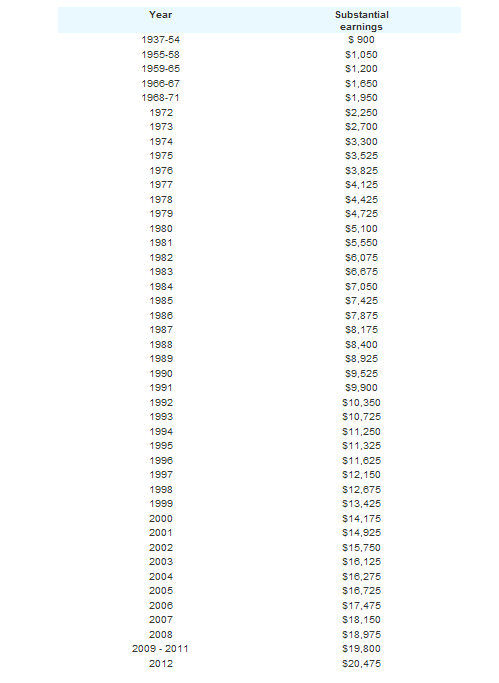Many teachers ( who do not pay into social security) are unpleasantly surprized when their spouse dies and they lose completely all social security benefits from his/her account.
It sounds like the reason for that is because they have a pension based on employment that paid nothing into the Social Security system, though. If they hadn't worked at all (also paying nothing into Social Security), they would still have received the Social Security benefits.
People posting here with a tiny social security benefit amount due to WEP often just collect early as the amount is so little. That is what we did also.
It still seems to me that it would still be better to defer the Social Security as much as possible, no matter how small it is, unless one is in poor health. Social Security benefits can increase for three separate reasons over time (wage indexing, inflation, and future contributions from going back to work) and steadily outpace what one is able to earn with private investments, so taking a small amount of money early doesn't seem worth the risk. The Social Security dollars are also worth more because they're not as highly taxable as the equivalent number of dollars from an IRA.
The following web page has some links to help people learn more about claiming Social Security (and why they should maximize it as much as possible):
Social Security Research On When to Start Benefits and Benefit Taxation
Prudential has a paper that's very useful to read, but the link for Prudential's paper is outdated; the new link is here:
http://research.prudential.com/docu...ativestrategiesLP1112&bu=SI&ref=website&cid=1
For example, a worker who does have a lot of Social Security earnings (such as DMGO's wife) generally should delay claiming them until age 70, but that same person could do a "file and suspend" at full retirement age so that the spouse can apply for spousal benefits at either age 62 or his or her own full retirement age. (Spousal benefits don't increase after full retirement age, so there's no benefit in waiting until age 70.)
In DMGO's case, his GPO might wipe out his spousal benefit on his wife's earnings if it were attempted to be claimed at age 62, but perhaps not at full retirement age because his spousal benefit would be larger. (Make sure that none of the exceptions apply when calculating GPO; in my case, all my work on which my pension is based was performed before 2004, so I would not have a GPO.) The WEP also needs to be based only on the pension that had no Social Security tax on it.
This is complicated enough that it would be easy for a lot of people to make significant errors calculating what their WEP or GPO would be!
(By the way, I had known what GPO was, but hadn't had an understanding of how it was calculated. Thanks for providing the reference to it.)




